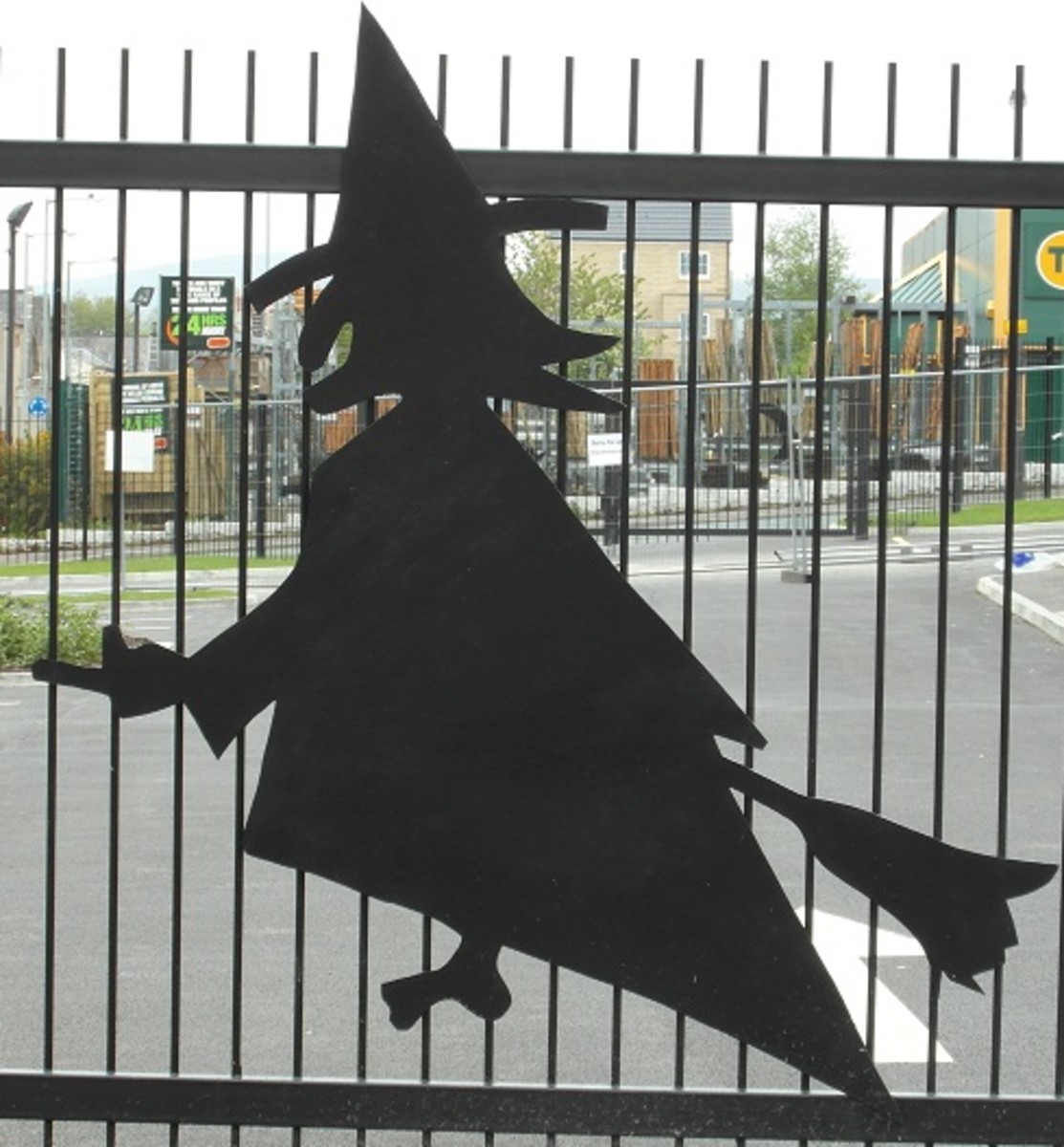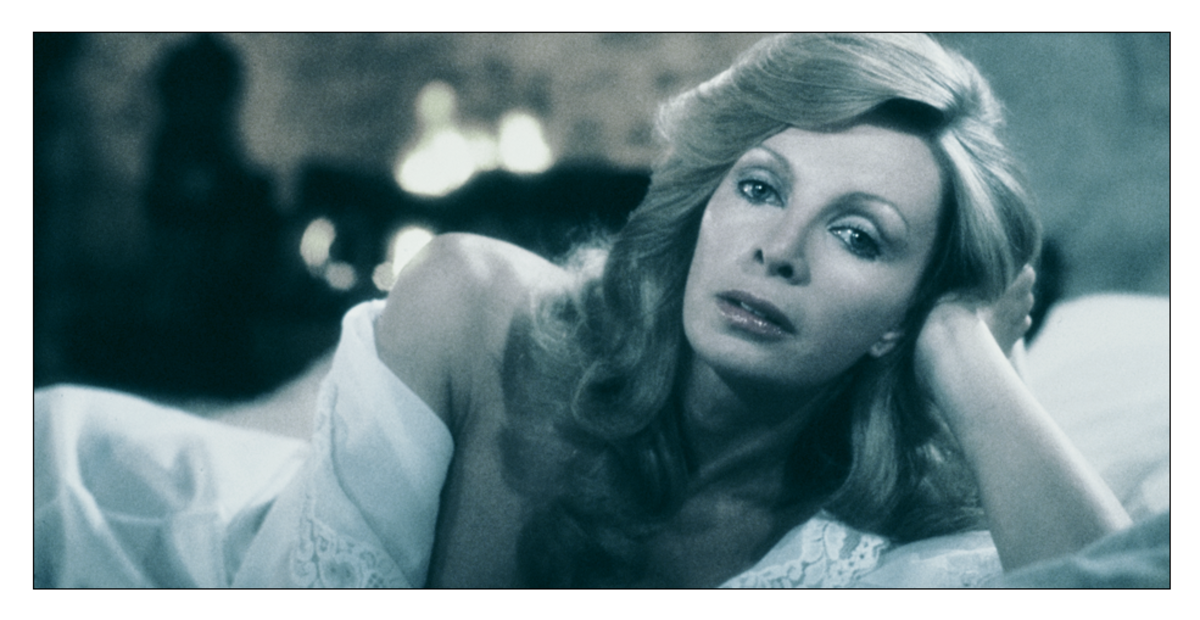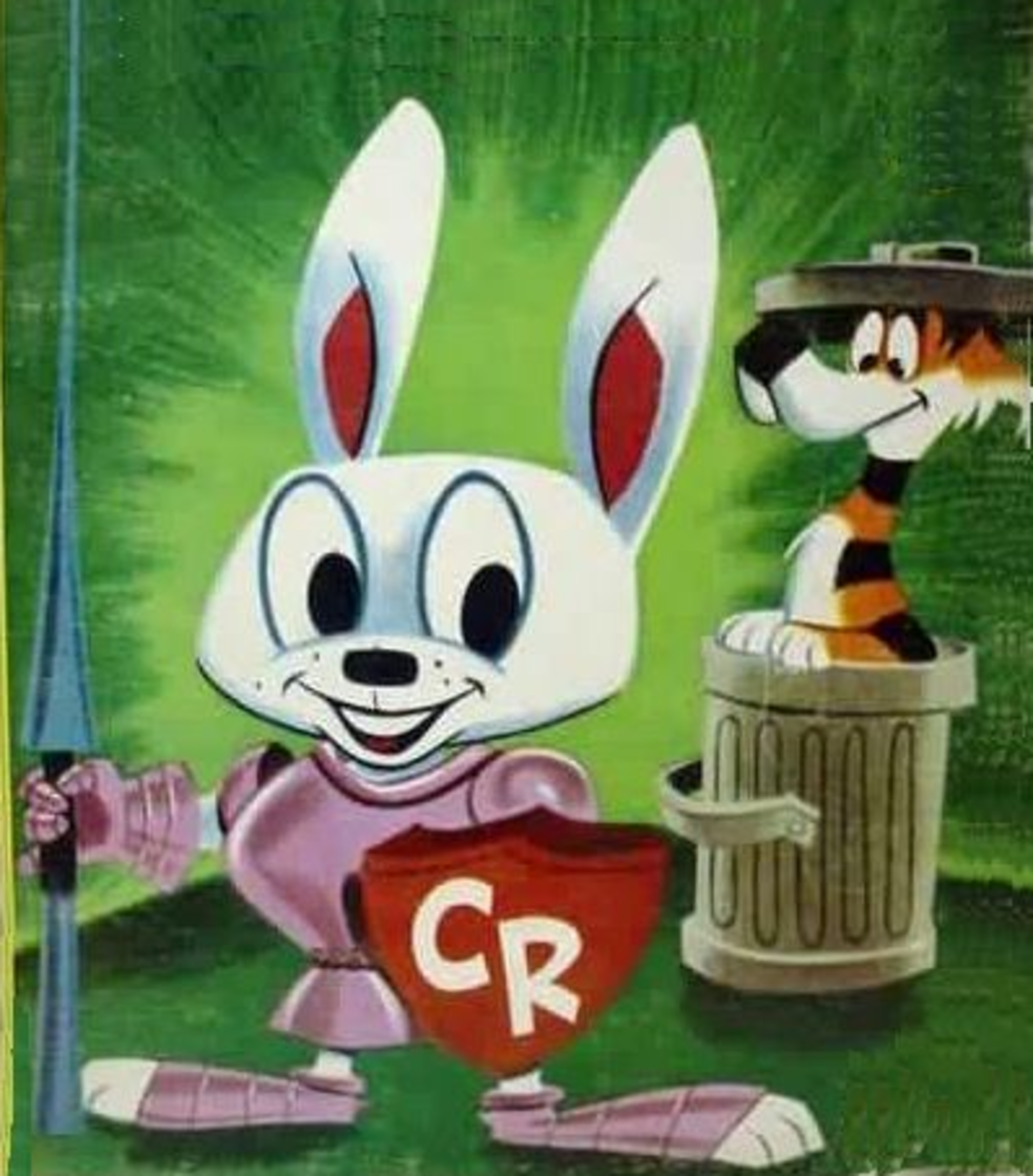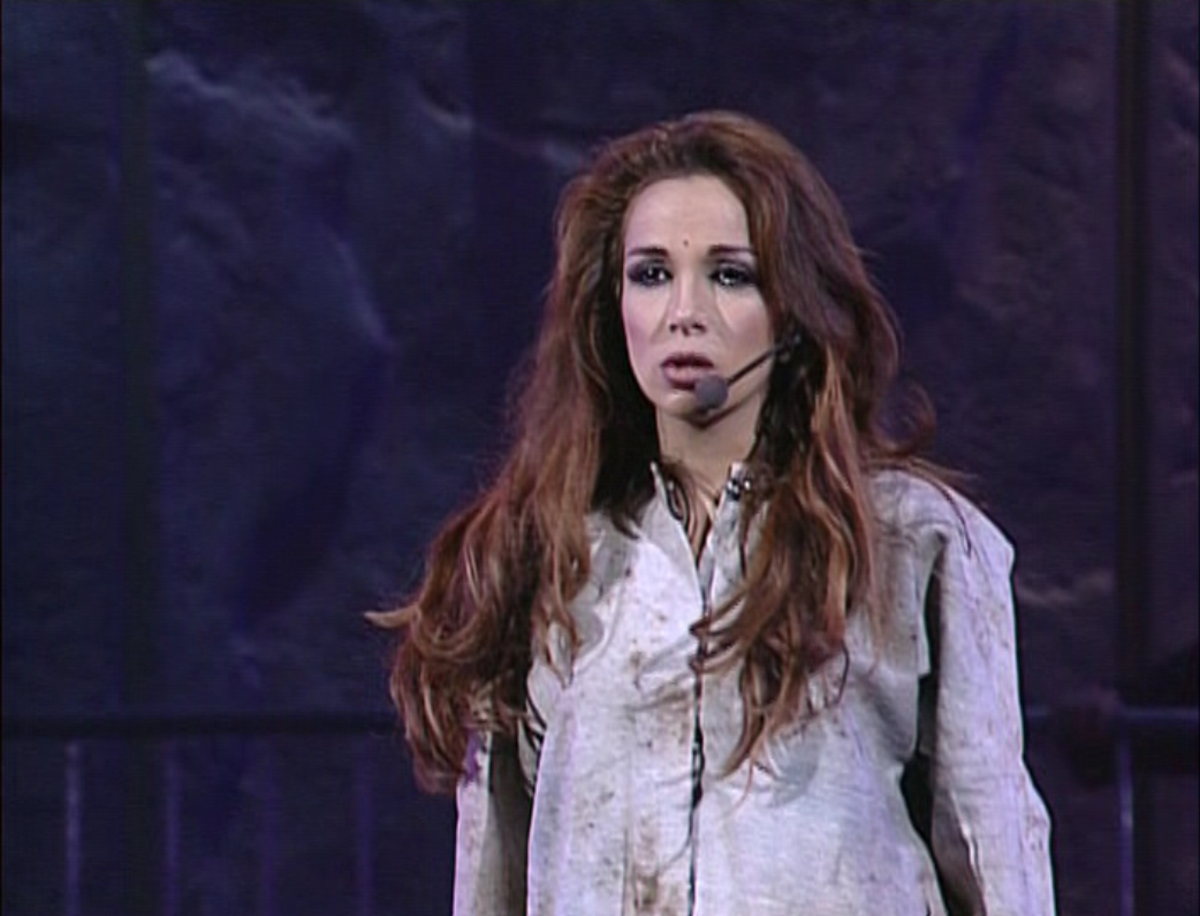Vakhtangov and the Russian Theatre
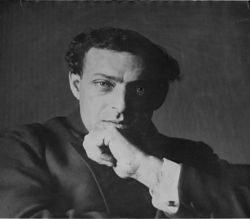
Vakhtangov and the Russian Theatre
A film by Michael Craig and Copernicus Films in the series of films about Russian Theatre of the early 20th century. Two films are already complete : "Meyerhold Theatre and the Russian Avant-garde" and "Stanislavsky and the Russian Theatre". This film about Vakhtangov is the next film produced in the series. Two other films are being planned: A feature adaptation of Blok's "The Fairground Booth" and "Carnival and the Russian Theatre"
For more information see Copernicus Films and Russian Theatre Film Series
Vakhtangov and the Russian Theatre

Vakhatangov and the Russian Theatre
A new film in the series by Copernicus Films about early 20th century Russian Theatre
Yevegeny Vakhatangov was born in 1883 in the city of Valdikavkaz the capital of the Russian republic of North Ossetia. He came form a well to to do family. His father owned a tobaco factory and did everything so that his son would follow in the footsteps of his father and go into the family business. Nothing however would deter the young Vakhatngov from going into the theatre. His first productions were produced in the open air much like Konstantin Teplev in Chekhovs The Seagull. The 19 year old Vakhatangov set up his productions on an open stage which merged with the mountains and landscapes of the North Caucuases.
A pupil of Stanislavsky and Sulerzhitzky, he became one of the foremost actors and eventually directors of the Russian theatre in the early twentieth century until his death in 1922 at the age of 39. One of the most talented and enigmatic figures of Russian theatre of that time his great achievement was, according to commentators, the synthesis of Stanislavsky's theories of acting and realism or what is called naturalism and Meyerhold's studied theatricality. He was a great admirer of Meyerhold whom he believed laid the foundations for a modern theatre of the future. However Vakhatangov, while influneced by his contemporaries created his own distinct theatre which has been called "fantastic realism" - a combination of realism infused with a profound theatricality which penetrates to the heart of the dramitic process, the role of the actor on stage and significance of theatre in a contemporary world. In a effect he created a completely new and dynamic theatre which culminated in one of his greatest productions - a production of Carlo Gozzi's "Princess Turandot"
From Copernicus Films and Michael Craig - Films from the Russian Theatre Film Series
Vakhatangov and the Actor
Vakhatangov's thoughts on acting and actors
Boris Zakhava, a disciple of Vakhatangov performed as a Timur in Carlo Gozzi's Turandot, gives a very good account of Vakhatangov's attitude to acting and his actors;
"Vakhtangov could formulate clearly and definitively what was living in the collective as yet only vaugely and undefined.
When Vakhtangov demonstrated some quality (a gesture or intonation) to an actor they felt as if this was the very quality which had alluded them in order that they might express themselves fully. Vakhatangov prompted in the actor that which their own creative individual subconscious required. Every play would be staged by Vakhatangov differently with a different company. He demanded different things form different actors in the same role. Therefore each actor, each member of the collective felt that Vakhtangov was on their side whilst at the same time fullfilling the needs of the whole comapany. Vakhtangov was able to guess the collective will, he could organise this will and help each individual member express this will in their own creative work".
In this sense Vakhtangov allowed each actor to express their own artistic individuality with out it being dissolved, lost or smothered in the collective will.
The point is reiterated by Michael Chekov in his book "The Path of the Actor". Chekhov states that Vakhatangov was able to speak to each individual actor in the language of their own soul. This way of working resolved the eternal theatrical problem of creative authorship.
Vakhtangov so to speak invisably put himself next to the actor and led him by the hand. The actor never felt any coercion from Vakhatangov but neither could they get away from the concept that the director had created. By implimenting Vakhtangov's instructions and concepts the actor felt as if they were their own.
Based on material taken from "The Vakhtangov Sourcebook" Edited by Andrei Malaev-Babel
Subscribe to Copernicus Films fro regular up dates about the Russian Theatre Film Series here




